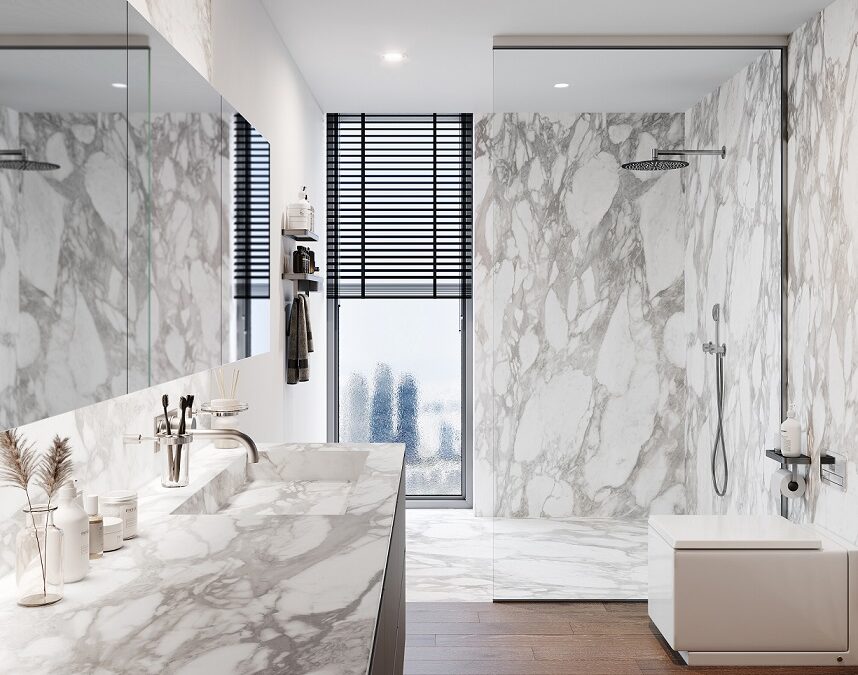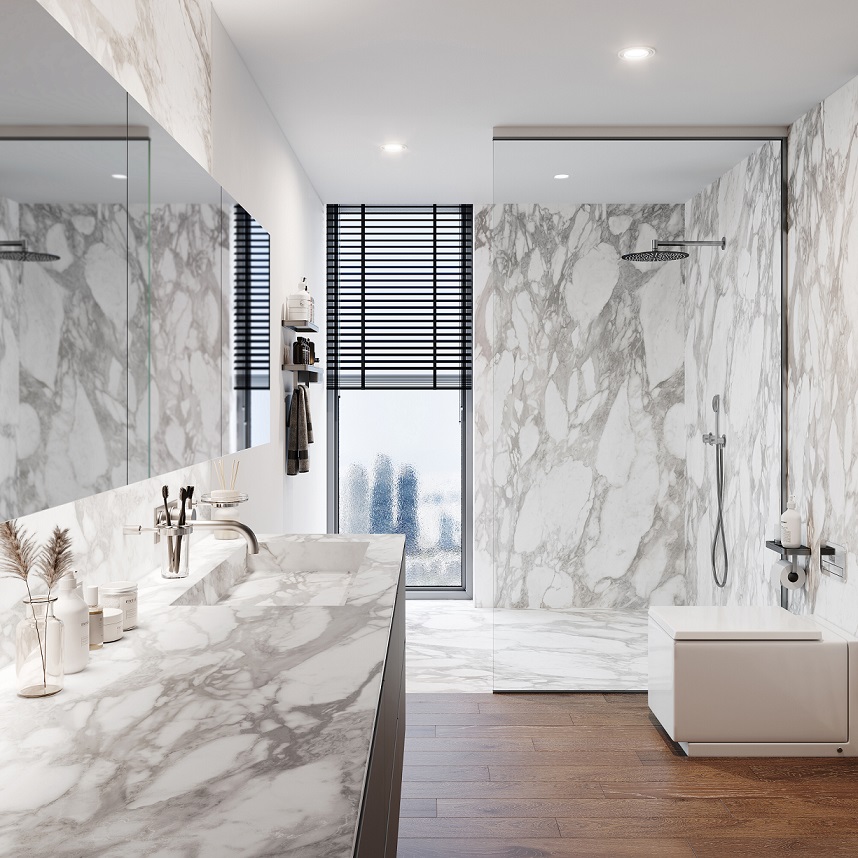
Since the COVID-19 pandemic began, we have become increasingly aware of the importance of health and hygiene in our homes and businesses. But health and hygiene environments are not just about our actions, but also the materials around us.
Porcelain tile is one of the best flooring options to keep your space healthier without sacrificing design or aesthetics. As such, demand for tile has grown steadily in the residential market since 2018.
Porcelain tile, made from dense clay and other natural materials blended and fired at even higher temperatures than standard ceramic tile, offers several advantages for health-conscious people. In particular, its non-porous surface doesn’t absorb moisture, making it resistant to mold, bacteria and other microbes. This feature is essential in areas like bathrooms and kitchens where hygiene is paramount.
In this article, we will explore why porcelain tiles are a healthy choice for flooring, highlighting porcelain tile benefits such as material and its impact on indoor air quality, cleanliness and overall well-being.
Porcelain tile is easy to clean
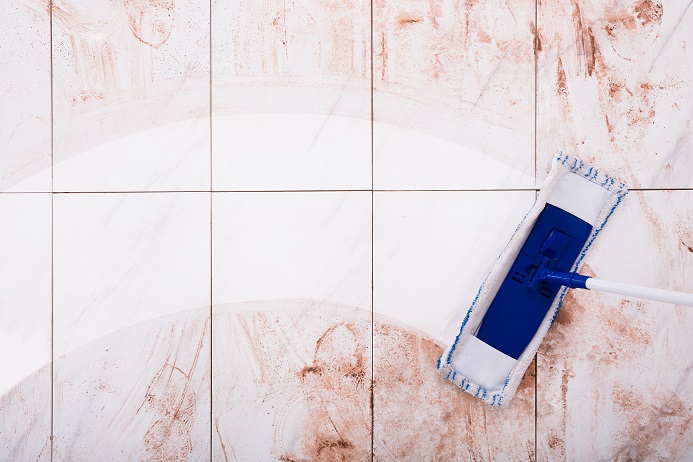
Porcelain tiles are among the most hygienic building materials. Both residential and commercial spaces need to consider a material’s upkeep when it comes to selecting interiors. Business owners will love how easy it is to keep porcelain tile floors looking good, as will homeowners who like things neat and tidy.
Porcelain tile cleaning is easy and can save time and money in high-traffic areas like kitchens, bathrooms, entryways and mudrooms. They are moisture-resistant, making them the easiest to maintain out of the many flooring options available. You can also use porcelain tile for countertops and showers.
Cleaning is easy due to the tile’s smooth, hard surface, which eliminates the need for harsh chemicals for cleaning. This reduces chemical exposure because the tiles don’t absorb or react to standard cleaning products and chemicals, making them a safe choice for households and commercial spaces where maintenance and cleanliness are priorities. The ability to easily clean porcelain tiles without harsh chemicals minimizes the potential for chemical sensitivities or irritations.
Porcelain tile doesn’t harbor bacteria as more porous material does. What’s more, it’s easy to wipe off and keep clean over time. Regularly wiping with mild soap will do the trick. The tile stays more hygienic than traditional tile and doesn’t suffer from staining as quickly.
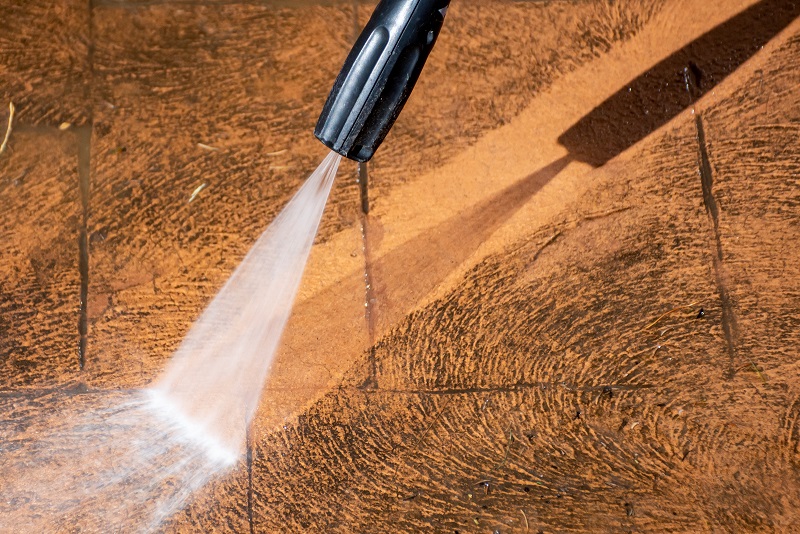
Porcelain tile is hypoallergenic
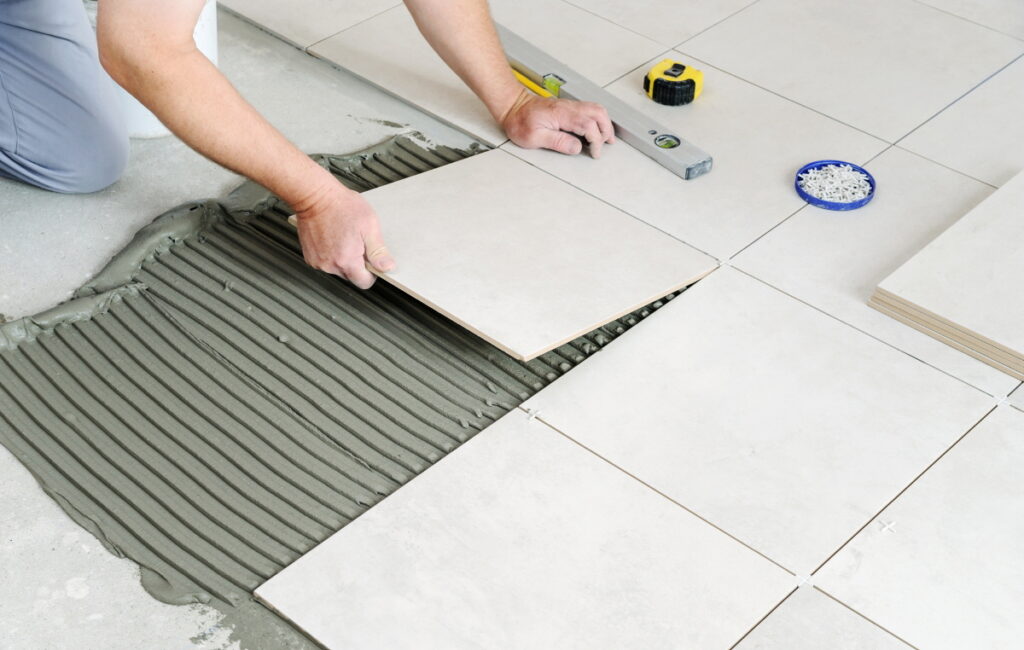
One of the significant advantages of porcelain tiles is their hypoallergenic nature. Porcelain tiles do not provide a suitable environment for mold, bacteria or allergens to thrive due to their non-porous surface. They are an ideal choice for individuals who suffer from allergies and asthma. In addition, the absence of chemical additives or toxins in the manufacturing process ensures that porcelain tiles do not emit harmful substances into the air, promoting a healthier indoor environment.
Unlike other flooring materials such as carpets or wood, porcelain tiles do not retain dust, pet dander or allergens, which helps improve indoor air quality and reduce the risk of respiratory issues and allergies. Furthermore, the smooth surface does not trap dust mites, a common trigger for allergies. Porcelain tiles contribute to better respiratory health and overall well-being by reducing allergens in the indoor environment.
Finally, porcelain tile does not support mold growth, an important point given the toxicity and side effects of mold spores—especially in kitchen and bathroom settings. Tile options are available with antimicrobial properties that can suppress and even destroy harmful microorganisms, such as mold, fungi, bacteria and viruses.
Porcelain tile is eco-friendly
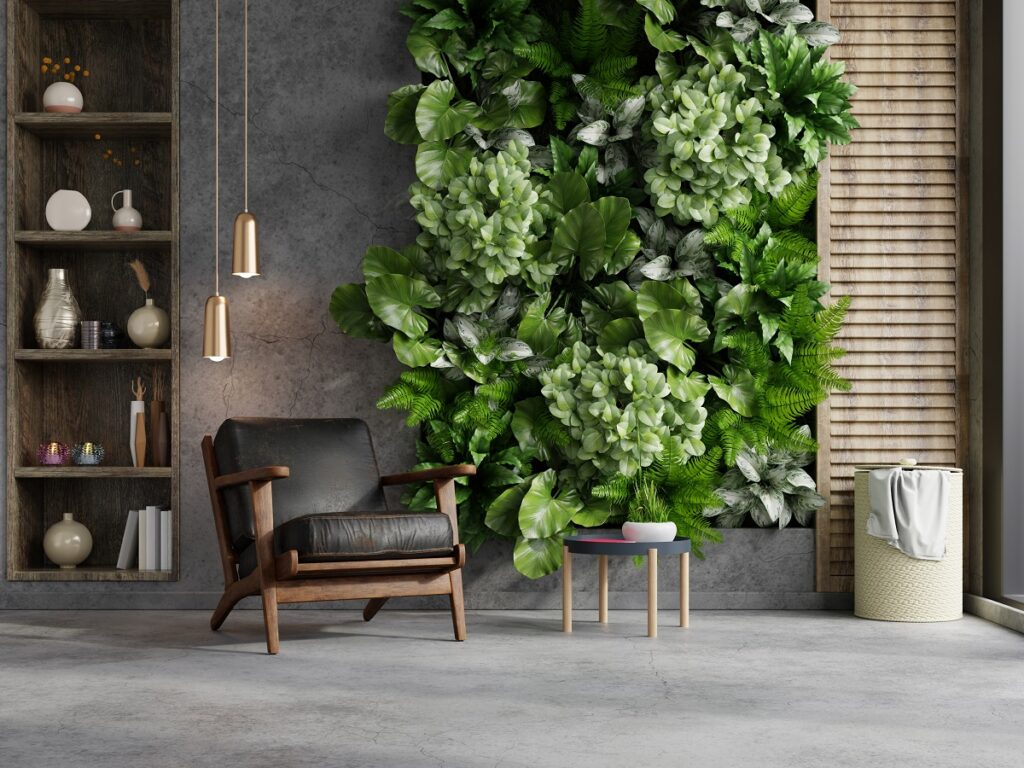
One of the most significant benefits of tile flooring is its sustainability. Porcelain tile can be made of recycled materials and is 100% recyclable. It is produced using natural raw materials that are widely available, such as clay and feldspar. The manufacturing process includes high scrap recycling rates, use of offsite recycled material, water reuse and efficient use of energy (natural gas and electricity). All of this makes porcelain tile a sustainable choice compared to other flooring options that require non-renewable resources.
Moreover, porcelain tiles do not release any volatile organic compounds (VOCs). VOCs are chemicals in many building materials and contribute to indoor air pollution. There are various health concerns and side effects related to VOC exposure, including nausea, dizziness, fatigue and eye and respiratory tract irritation. Using porcelain tiles ensures indoor air is free from harmful substances.
Unlike some vinyl flooring and installation materials, porcelain tile is also free from polyvinyl chloride (PVC), a synthetic plastic polymer. PVC can cause cancer and damage to the immune and hormone systems. Porcelain and ceramic tile don’t contain PVC or other plastic materials, making them an ideal alternative to plastic-based flooring.
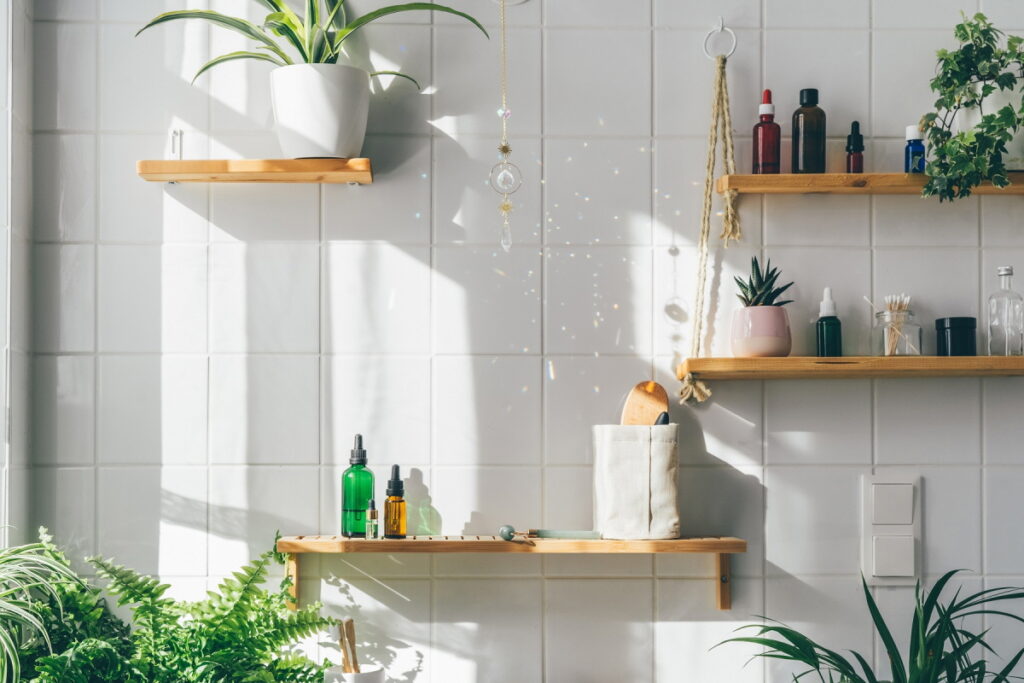
Porcelain tile is also free of formaldehyde. Formaldehyde is a colorless, strong-smelling gas in many construction materials and household products. Exposure can irritate the skin, throat, lungs and eyes, and repeated exposure can lead to respiratory illnesses and cancer.
Because they are made of natural materials and use modern glazes, porcelain tiles do not contain Red List chemicals. The Red List is a compilation of “harmful to humans” chemicals compiled by the International Living Future Institute, and they cannot be present in buildings seeking the Living Building designation.
Finally, porcelain tile can also support sustainability efforts by saving energy. Because of its composition and installation process, porcelain tile reduces peak heating and cooling demands and moderates temperature swings, translating into energy savings.
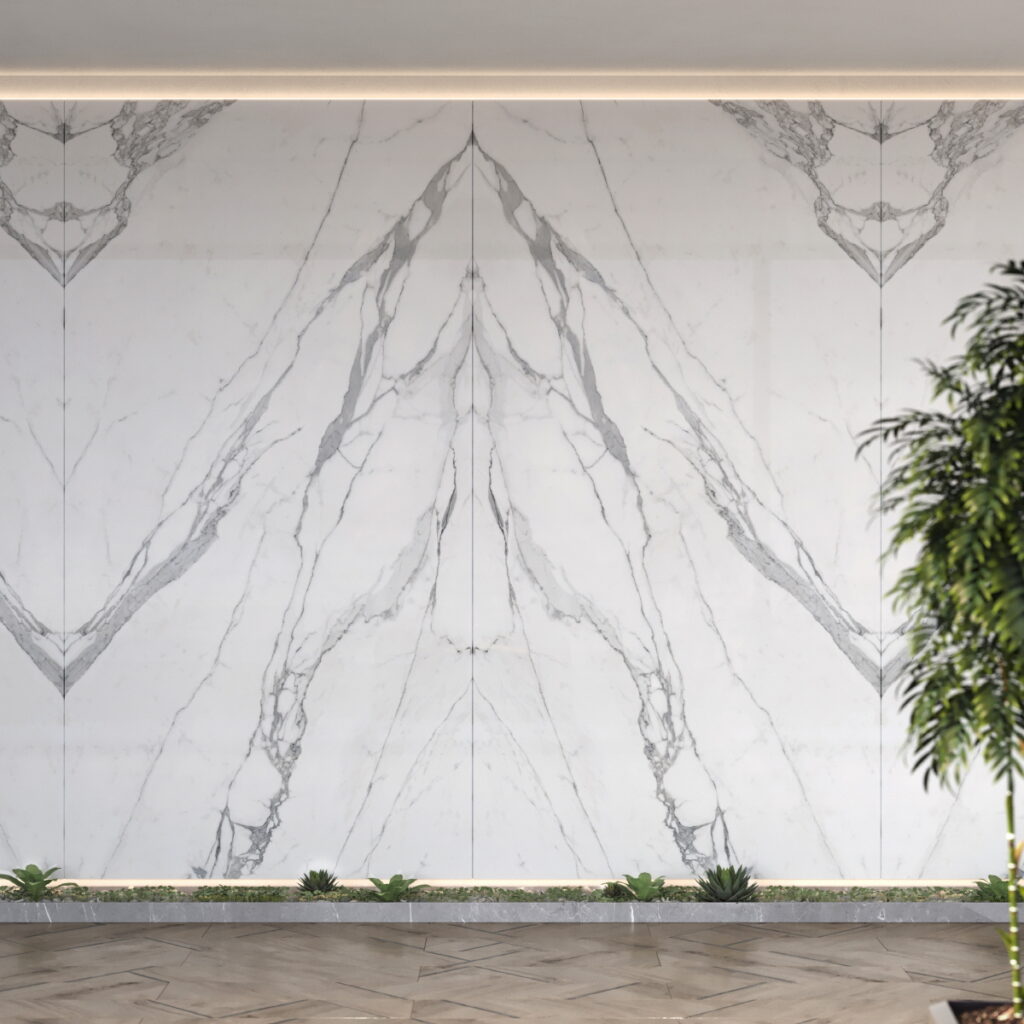
Contact us
In conclusion, the health benefits of using porcelain tiles in homes and commercial spaces are numerous. From their hard and non-porous surface to their hypoallergenic and eco-friendly properties, porcelain tiles offer a range of advantages for those seeking a healthy living environment.
If you want to learn more about the health benefits of porcelain tiles, LX Hausys is a leading provider of high-quality porcelain tiles. To explore our extensive range of tiles in our TERACANTO Collection and discover how they can improve the health and well-being of your space, visit the LX Hausys TERACANTO Collection today.
Contact us for more information and take the first step towards creating a healthier living or working environment.

